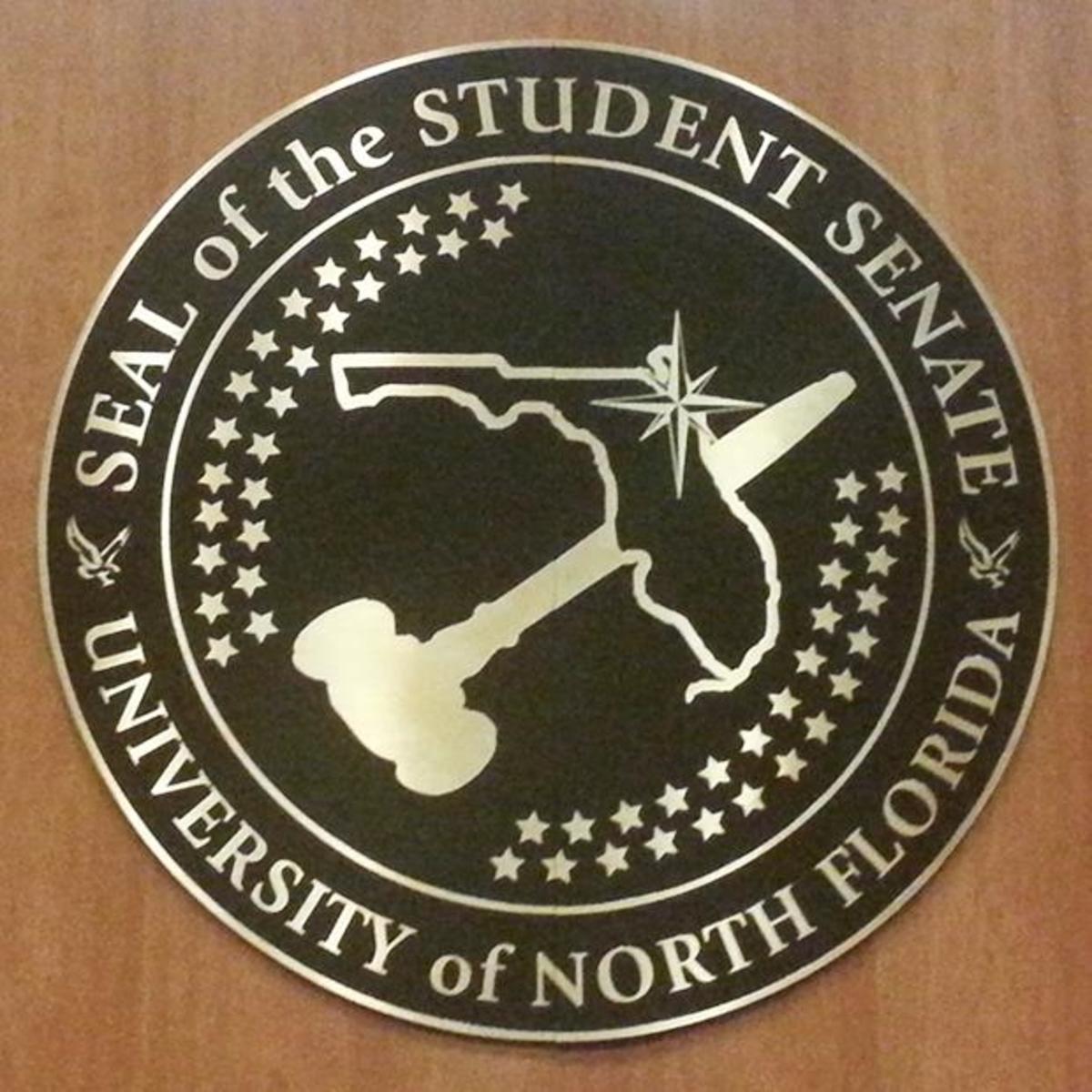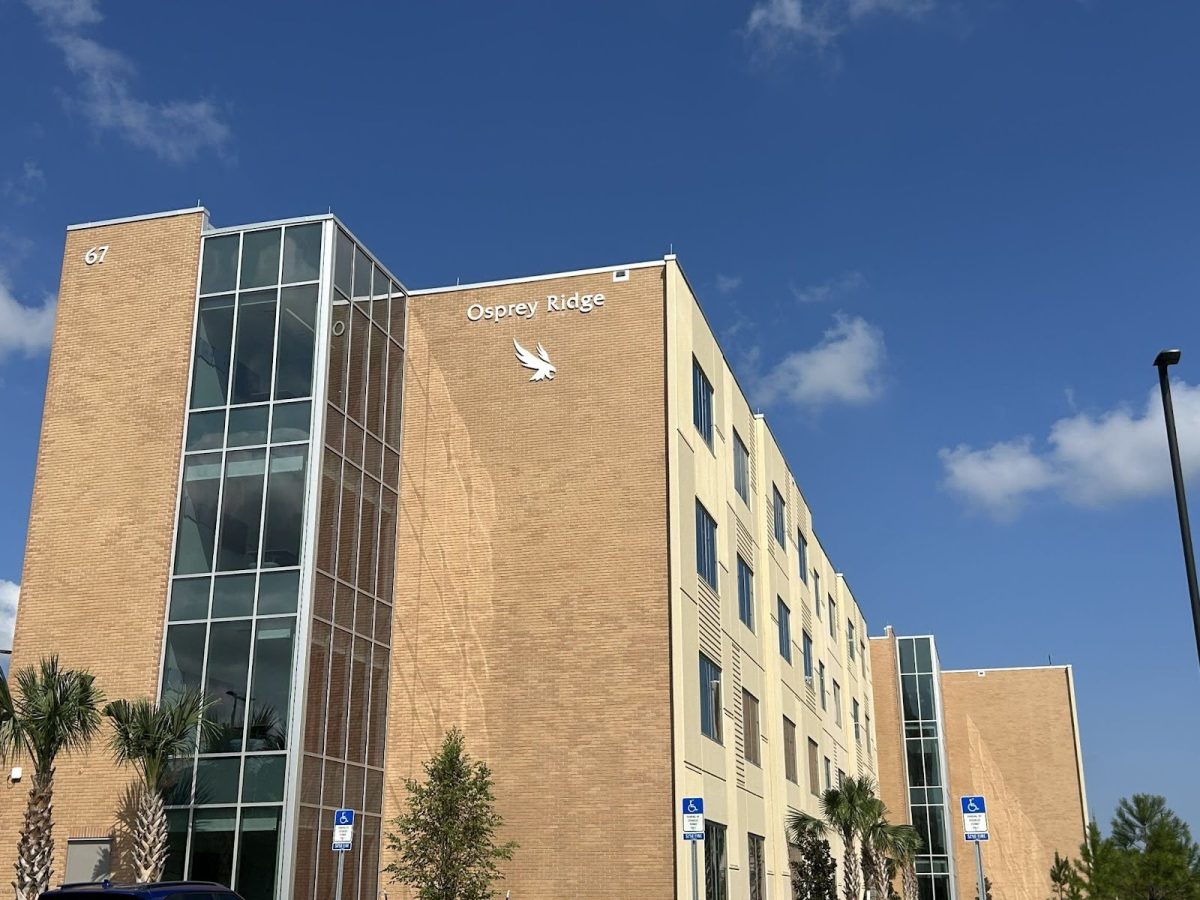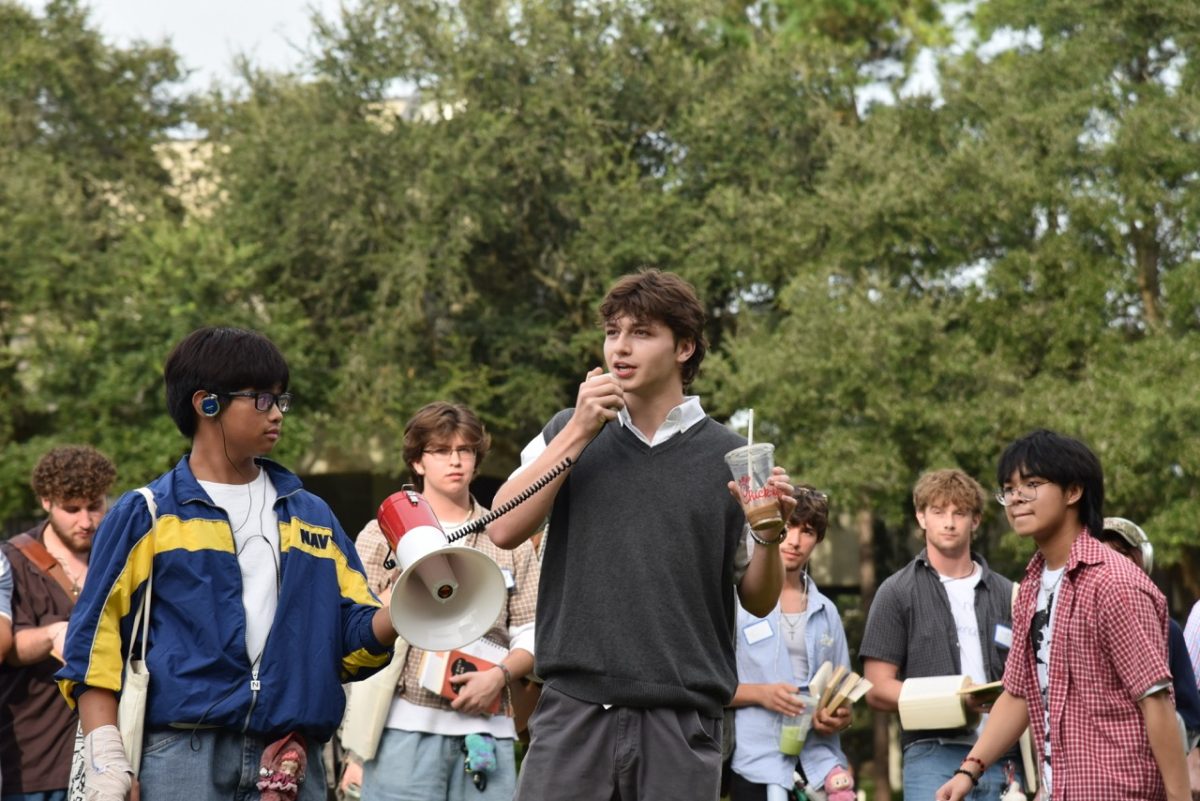
On June 25, the Government Oversight Committee (GOC) held its first meeting since its formation by new legislation earlier this month. GOC chairwoman Katherine Savage said this meeting was necessary to introduce the committee members to their duties.
The new business on the agenda was discussion of the new Senate Appointment Application. The committee didn’t vote on any amendments. Savage said more discussion is needed in future meetings before procedure can be voted on.
Attorney General Matthew Harris said he wants the appointment process to be simple, but it shouldn’t be easier than the actual election process. The purpose of the appointment process is to fill empty seats, Harris said, and the seats can be executive and judicial, not just at the legislative level.
For the last hour of the meeting, Savage suspended Robert’s Rules, the official discussion process for the Senate chambers, because she said it will allow quicker flow of thoughts in an open forum.
While nothing was voted on, all committee members agreed on several steps to the appointment process.
The committee discussed the following:
Student signatures
The committee members said that student signatures is fundamental in the appointment process. One senator said he felt more of a connection to the students when he was getting his signatures. However, the committee agreed to minimize student signatures to less than the previously required 150 signatures. The committee concluded that 50 signatures wouldn’t be too easy or too hard to obtain.
One senator suggested adding a references page for a professor, employer, or friend to fill out in support of the appointee.
Senate President Kaitlin Ramirez said she would discourage senator endorsements because it’s extremely similar to a vote.
Michael McGuire, Director of Student Government, said a signature from a senator that has met with an appointee and explained some of the basics of Student Government should be considered.
N-numbers
The committee members agreed that student signatures should also be accompanied with student N-numbers. Savage said having the N-numbers helps with the verification process.
An unethical candidate can forge 150 names and signatures she said, but not N-numbers.
Code of ethics
Savage said there should be a code of ethics on the appointment documents to discourage unethical behavior like forging signatures.
Students who run for election have had a code of ethics on their paperwork. However, because previous appointment documents have lacked a code of ethics, the GOC wants to ensure a code of ethics for appointees to acknowledge.
What happens next
Savage said she’s excited about her position as chairwoman of the GOC and explained what this new committee will do moving forward replacing the previous Elections & Appointment Committee.
The committee will interview students interested in joining the Senate.The appointees will give a speech before the GOC and the committee will interview the appointee. All of this will happen before the applicant can go to the Senate for confirmation.
Savage said this process will establish a better connection with the appointee. She’s tired of hearing one or two senators ask questions to new appointees once they reach the Senate she said.
The next GOC meeting is scheduled for June 30 at 6 p.m. in the Senate Chambers where the discussion will continue as old business.
Email Brandon Thigpen at reporter2@unfspinnaker.com











